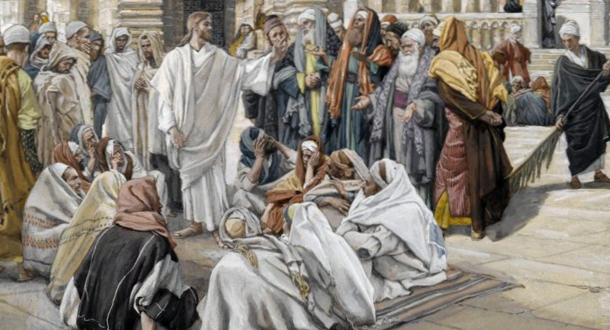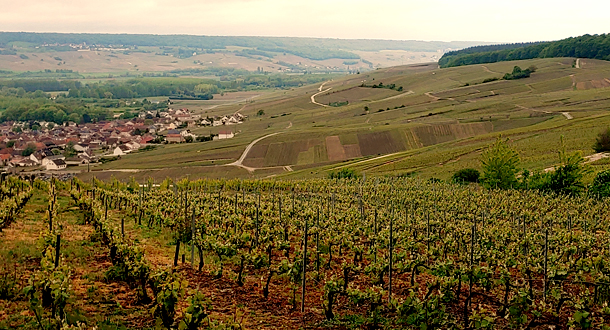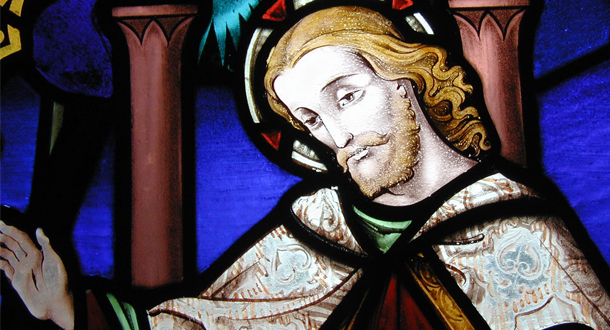
Scripture:
Isaiah 66:1-21
Hebrews 12:5-7, 11-13
Luke 13:22-30
Reflection:
Enter Through the Narrow Gate
In our Gospel reading for Sunday (Luke 13:22-30), someone asks Jesus, “Lord, will only a few people be saved?” Jesus replies, “Strive to enter through the narrow gate, for many, I tell you, will attempt to enter but will not be strong enough.” As I thought about Jesus’ reply, I began to wonder whether any of us were strong enough to enter by our own power. I don’t think any of us are. We need God’s love and grace and strength to enter through the narrow gate.
Maybe what Jesus is calling us to is humility, especially when it comes to being saved. After Jesus speaks about the narrow gate, He uses the image of a master of the house who has locked the door, and there are people knocking to get in. But the master says, “I do not know where you are from.” And the people outside say, “We ate and drank in your company, and you taught in our streets.” But the master is unmoved, and says, “I do not know where you are from. Depart from me, all you evildoers!” and then Jesus says, ‘And there will be wailing and grinding of teeth when you see Abraham, Isaac, and Jacob and all the prophets in the kingdom of God and you yourselves cast out…For behold, some are last who will be first, and some are first who will be last.”
What if the people on the outside were on the outside because they were so sure of their righteousness that they wanted to be the master and be able to tell others that they couldn’t come in? Maybe they wanted to be able to label those who were different as “all evildoers,” and therefore not worthy to be saved. Nowadays, that seems to be a very wide gate that people are flocking to enter through. It may not be as wide as the gate where people just grab things for themselves, or the gate at which people hope to have power over others, but it still is a pretty wide gate.
But if I am humble enough to realize that I need God to have the wisdom and the fortitude to enter through the “narrow gate,” I may be less ready to pass judgment on others. In fact, I may even be willing to seek justice for them as well as myself. I may even be willing to make sacrifices for others.
True humility is not always easy. Our second reading from Hebrews (12:5-7, 11-13) speaks about accepting “discipline” from God. In the language of Alcoholics Anonymous, alcoholics or addicts usually have to hit some kind of “bottom” before they recognize that they need help from a Higher Power. We need not be discouraged about not being strong enough to enter through the narrow gate. We only need a humble heart to surrender to God’s love and will for us; to let go of judging others, and instead help lift each other up, working for justice and making peace.
In a variation of the words from that second reading, may we open ourselves to God’s love, and let that love “strengthen our drooping hands” and “weak knees,” so that “what is lame may not be disjointed but healed.”
Fr. Phil Paxton, CP, is the Pastor of Holy Family Parish in Birmingham, and St. Mary’s Parish in Fairfield, Alabama. He is the Local Superior of the Passionist Community in Birmingham, Alabama.






